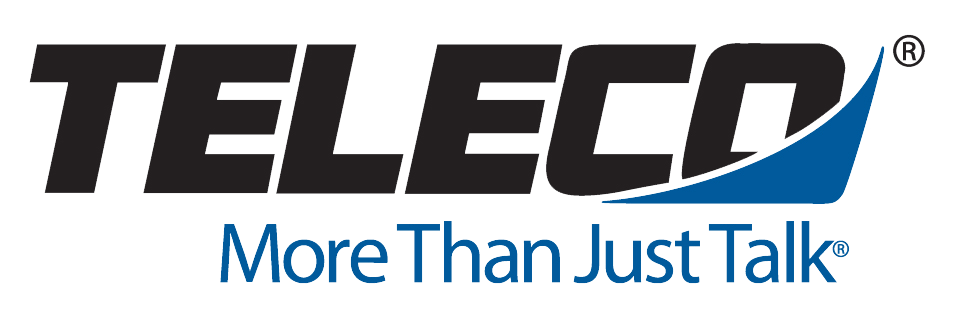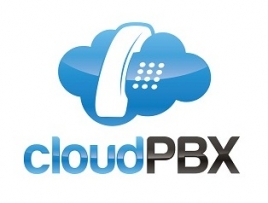If you are still wondering what purpose call recording could have in your business, then this is not the time to stop reading. The honest truth is that you SHOULD be recording your calls. It’s part of an analytics system that has transformed small companies into corporate giants in just a few short years. Don’t you want this kind of rapid growth?
#1: Training and development
There is nothing more valuable than teaching your staff how to manage calls, by using actual calls as examples. Use specific recorded calls as vital examples in your training programs.
#2: Security concerns
If your company offers advice or instruction over the phone, or you accept credit card payments, then you need call recording for security reasons.
#3: Risk management
Manage risk by emailing copies of calls to customers to defuse bad conversations or to avoid future issues.
#4: Improve sales performance
The whole reason why you are in business is to make money. Call recording helps you do this by improving the sales performance of your call center agents. They will benefit from improved techniques and strategies over time.
#5: Avoid disputes
Meeting with a customer on the phone means that you can record the conversation and avoid any disputes that arise. People are more likely to cause a scene on the phone, but it is also the best place to gather evidence to protect your brand.
#6: Test best practices
When you record calls you have a unique opportunity to try different marketing, sales or conversational strategies on your customers. Then you can record them and determine how well they worked at a later point.
#7: Affordable performance tool
Call recording may just be the most affordable quality performance improvement tool in existence. Why hire an expert, when you can gradually improve your business based on your own analytics?
#8: Monitor quality
Quality management is very important to businesses of all sizes. Make sure that your customers are getting the service they deserve every day!
#9: Quick responses to queries
When you have a customer call in that needs answers, call recording helps you get them. Respond in record time to customer questions.
#10: Proof of agreements
If someone has booked a spot, or made a reservation or a verbal agreement about something, record it with your call recording software. Hold them to it!
Differences Between Call Accounting and Call Recording
There are several main differences that separate call accounting and call recording. While many people get confused between the two, you will see why they are actually quite different. The basic functions of each system are very different.
Call accounting for example, is specifically used to keep track of dialed phone numbers and caller ID, with intent to use this information to sort out the budgetary needs of the company’s telecommunication systems. Incoming calls are not recorded at all.
Call recording on the other hand, is used to specifically record ALL calls, incoming, outgoing and internal—with a focus on quality management, risk reduction and overall employee performance improvement.
As you can see, though they work along similar lines, they both have very different functions in the business. Here are a few more differences to help you better understand why the two technologies stand so close together, yet operate independently of each other.
- Call accounting gathers analytics based on internal usage. These analytics are meant to be used to monitor telephonic expenses and reduce costs.
- Call recording gathers data from conversations based on internal, incoming and outgoing phone calls. This data is used for a wide variety of purposes, mainly to improve a host of business processes.
- Call accounting is used by the management team to monitor financial expenditure.
- Call recording is used by managers and staff, to regulate business processes, improve performance and resolve disputes with customers.
- Call accounting takes care of the money-side of telecommunications, while call recording takes care of the people side of telecommunications.
Both of these technologies should be used in unified communications to help the business improve their communication capabilities across the board. If your business can accurately monitor your telephony expenses AND use call recording analytics to greatly improve old models in the business, then rapid growth will occur.
When you consistently work on streamlining vital processes such as finance and human performance in telecommunications, your business will succeed in establishing itself as a quality brand. With satisfied customers, motivated staff and strict budgets you can take your business into the twenty-first century with these unified communication elements.

